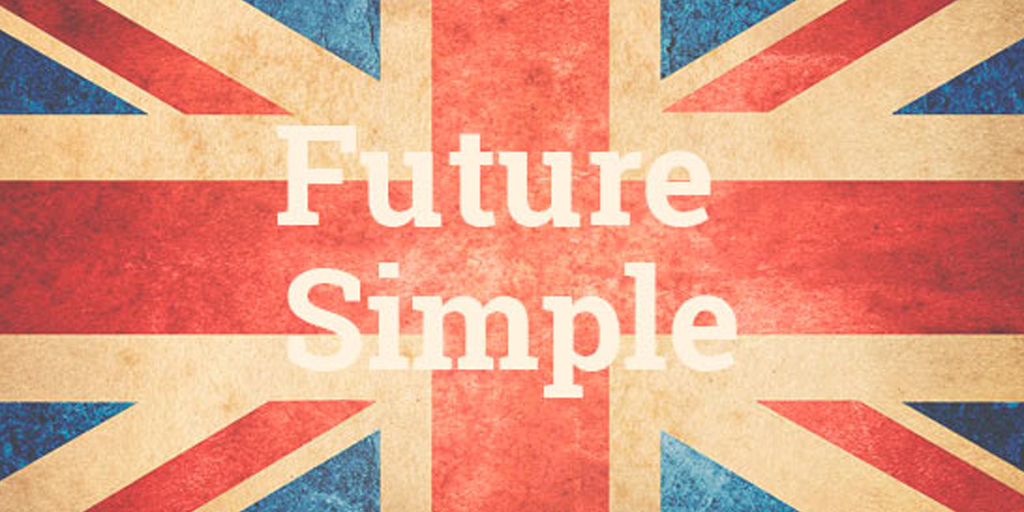Future Tense in English
“Your future is whatever you make it, so make it a good one.” – Doc Brown, Back to the future.
1. The Future
1.1. Future Simple
Let’s start with the basics. The future simple is used to talk about a time later than now and can be used in lots of different ways.
Form
- It is made up of the verb will/won’t + base infinitive (infinitive without to).
- Because will is a modal verb it doesn’t change depending on the person doing the action.
- We can use contractions e.g. I will = I’ll.
- In the negative, we can also use will not for more emphasis.
- Won’t is more common in speech.
- In short answers we say: yes X will or no X won’t.
Here’s a look at the future simple in positive and negative statements and questions.
Uses and examples
- Instant or spontaneous decisions – I’m hungry. I think I’ll make a sandwich.
- Future predictions based on a belief – I’m sure you’ll pass the test.
- Promises – I won’t tell anyone your secret.
- Offers – I’ll carry your bags for you.
- Requests – Will you tell Henry I called?
- Threats – If you do that again, I’ll tell Mum.
- Future facts – I’ll be back later tonight.
Shall
We can use shall instead of will for future time references with I and we. However, it is slightly more formal.
E.g. We shall never forget this beautiful day.
It is also common to use shall in questions to make offers, suggestions or ask for advice.
E.g. Shall I carry these bags for you?
Shall I open the window?
What shall I tell Mary about the broken vase?
Be going to vs will
It’s important to note that for predictions based on evidence and for future plans we use be going to not will.
E.g. Look at those grey clouds. It’s definitely going to rain!
– What are you doing after work?
– I’m going to the gym.
